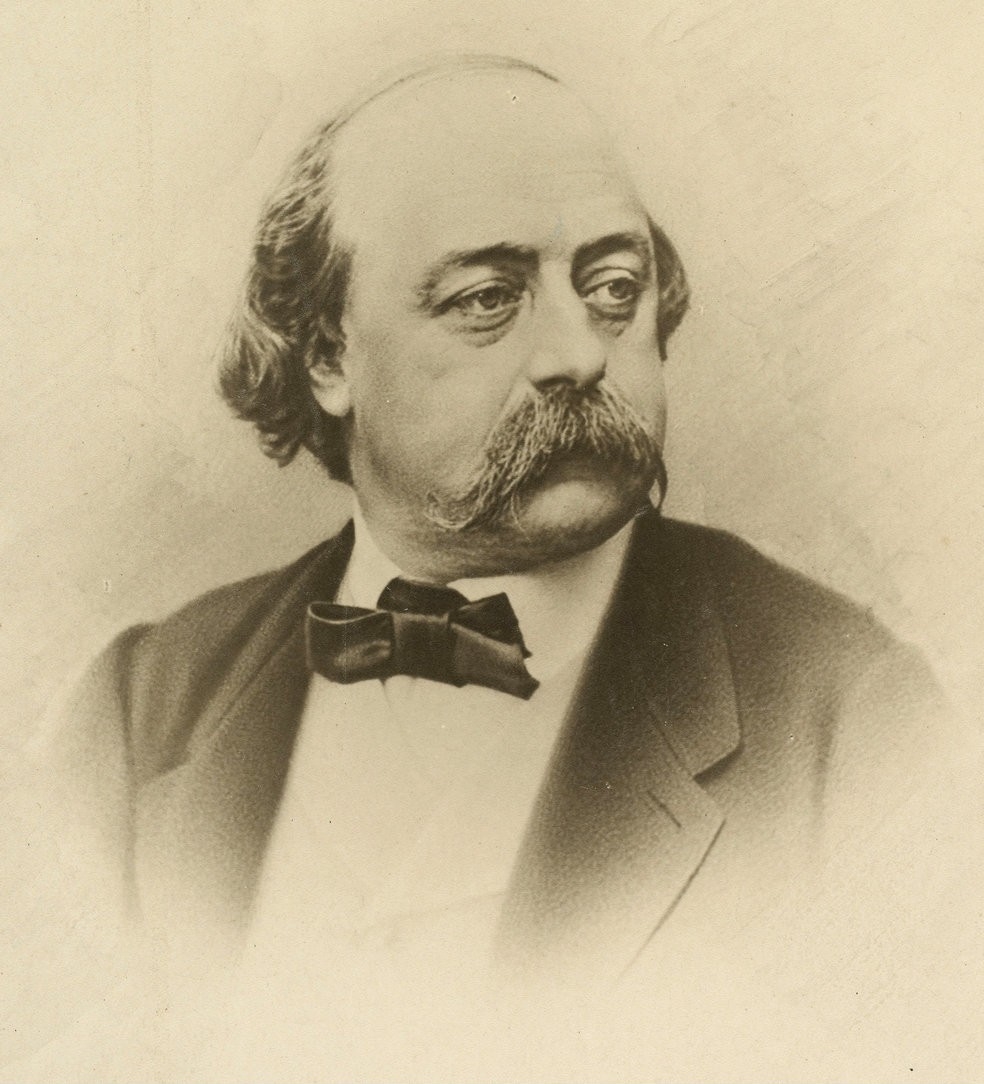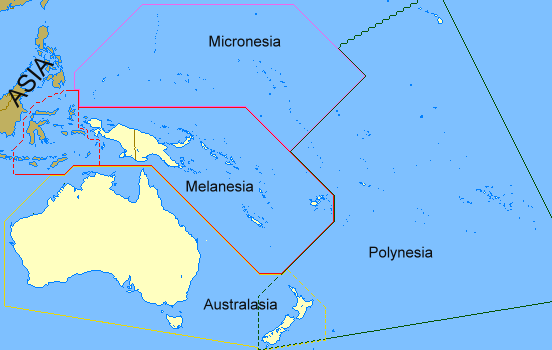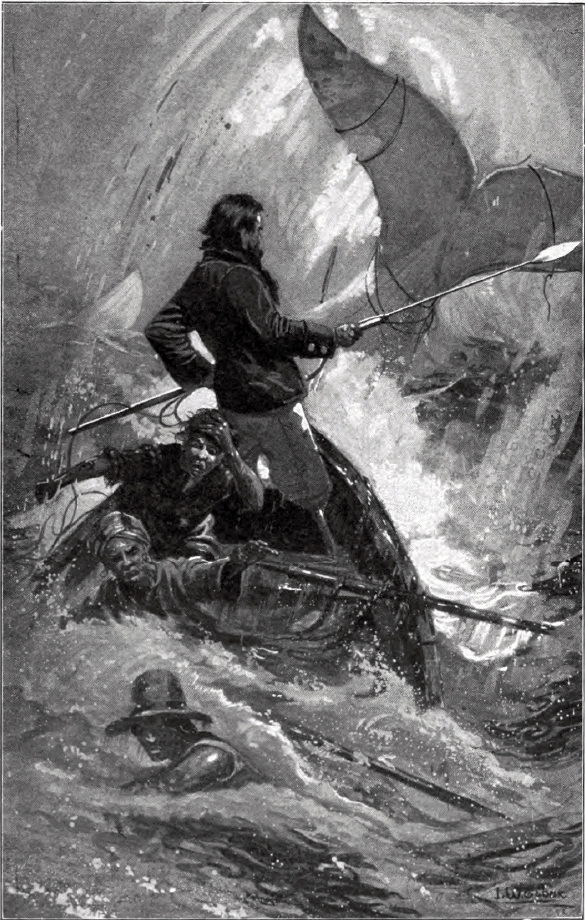|
Frank Thomas Bullen
Frank Thomas Bullen (April 5, 1857 – March 1, 1915), British author and novelist, was born of poor parents in Paddington, London, on 5 April 1857, and was educated for a few years at a dame school and Westbourne school, Paddington. At the age of 9, his aunt, who was his guardian, died. He then left school and took up work as an errand boy. In 1869 he went to sea and travelled to all parts of the world in various capacities including that of second mate of the ''Harbinger'' and chief mate of the ''Day Dawn'', under Capt. John R. H. Ward jun in 1879 when she was dismasted and disabled. Having spent 15 years of his life at sea, since the tender age of 12, he would later describe the hardships of his early life thus: ''I have been beaten by a negro lad as big again as myself, and only a Frenchman interfered on my behalf. Those were the days when boys in Geordie colliers or East Coast fishing smacks were often beaten to insanity and jumped overboard, or were done to death in truly sa ... [...More Info...] [...Related Items...] OR: [Wikipedia] [Google] [Baidu] |
Dame School
Dame schools were small, privately run schools for young children that emerged in the British Isles and its colonies during the early modern period. These schools were taught by a “school dame,” a local woman who would educate children for a small fee. Dame schools were extremely localized, and could typically be found at the town or parish level. At dame schools, children could be expected to learn reading and arithmetic, and were sometimes also educated in writing. Girls were often instructed in handiwork such as knitting and sewing.Martin, Christopher. ''A Short History of English Schools'', (East Sussex: Wayland Publishers Ltd, 1979), 5, 8–9. Dame schools lasted from the sixteenth century to about the mid-nineteenth century, when compulsory education was introduced in Britain.McCann, Phillip. ''Popular education and socialization in the nineteenth century'', (London: Methuen & Co Ltd, 1977), 29–30. In many senses, dame schools were the precursors to present-day nu ... [...More Info...] [...Related Items...] OR: [Wikipedia] [Google] [Baidu] |
Hansford Ward
John Ralph Hansford Ward (November 1817 – 17 February 1903), invariably known as Hansford Ward or Captain Ward, was a ship's captain in South Australia, who figures prominently in the pre-history of the Adelaide Steamship Company. A son, also named John Ralph Hansford Ward (8 April 1852 – ) but known as John R. H. Ward, was also a ship's captain. History Ward was born at Abbotsbury, Dorset, and emigrated to South Australia aboard ''Lady Lilford'', arriving in September 1839. He settled at Glenelg, and gained employment under Thomas Lipson as a crew member for John Anthony's boat, associated with the Glenelg custom house. He was one of Lipson's party at the proclamation of Port Adelaide in 1840. In April 1840, Ward was among the party that accompanied Governor Gawler to explore and chart the Spencer Gulf coast of Eyre Peninsula from Port Lincoln to Franklin Harbor. Also in that party were Thomas Lipson, John Hill, Thomas Burr, and Alfred Hardy. He married Jane Best in August ... [...More Info...] [...Related Items...] OR: [Wikipedia] [Google] [Baidu] |
The Register (Adelaide)
''The Register'', originally the ''South Australian Gazette and Colonial Register'', and later ''South Australian Register,'' was South Australia's first newspaper. It was first published in London in June 1836, moved to Adelaide in 1837, and folded into '' The Advertiser'' almost a century later in February 1931. The newspaper was the sole primary source for almost all information about the settlement and early history of South Australia. It documented shipping schedules, legal history and court records at a time when official records were not kept. According to the National Library of Australia, its pages contain "one hundred years of births, deaths, marriages, crime, building history, the establishment of towns and businesses, political and social comment". All issues are freely available online, via Trove. History ''The Register'' was conceived by Robert Thomas, a law stationer, who had purchased for his family of land in the proposed South Australian province after be ... [...More Info...] [...Related Items...] OR: [Wikipedia] [Google] [Baidu] |
Joseph Conrad's Career At Sea
Joseph Conrad (born Józef Teodor Konrad Korzeniowski; Berdychiv, Ukraine, 3 December 1857 – 3 August 1924, Bishopsbourne, Kent, England) was a Polish people, Polish author who wrote in English language, English after settling in England. He is regarded as one of the greatest writers in English, though he did not speak the language fluently until he was in his twenties, and always with a marked Polish accent. Before embarking on writing, he had a career sailing in the French, then the British, merchant marine. Of his 19-year merchant-marine career, about half that time was spent actually at sea. Conrad wrote stories and novels, often with a nautical setting, that depict trials of the human spirit in the midst of an impassive, inscrutable universe.. He was a master prose stylist who brought a distinctly non-English tragic sensibility into English literature. He is viewed as a precursor of modernist literature. His narrative style and anti-heroic characters have influenced m ... [...More Info...] [...Related Items...] OR: [Wikipedia] [Google] [Baidu] |
Torrens (clipper Ship)
''Torrens'' was a three-masted clipper ship that was built in England in 1875 and scrapped in Italy in 1910. She was designed to carry passengers and cargo between London and Port Adelaide, South Australia, and was the fastest ship to sail on that route. She is notable as the last sailing ship on which Joseph Conrad served before he began his writing career. Building James Laing built ''Torrens'' for £27,257 at his Deptford shipyard in Sunderland, largely to the specifications of Captain Henry Robert Angel (1829 – June 1923). She was jointly owned by Angel and the Elder Line, but Angel was her major owner. ''Torrens'' was a composite ship, with a steel framed and teak planks. Her registered length was , her beam was and her depth was . Her tonnages were and . Her three masts were "heavily sparred and carried a main sky sail yard, and for many years she was the only vessel with studding sail booms running in the Australian trade". ''Torrens'' was launched on 30 October 1875 ... [...More Info...] [...Related Items...] OR: [Wikipedia] [Google] [Baidu] |
The Cruise Of The Cachalot
''The Cruise of the Cachalot'' is an 1898 semi-autobiographical travel narrative by Frank T. Bullen that depicts a whaling expedition from a seaman's perspective. After its initial publication, the book sold well amongst readers, and was well liked. The work was included on a number of early 20th century primary and secondary school reading lists, and Rudyard Kipling Joseph Rudyard Kipling ( ; 30 December 1865 – 18 January 1936)''The Times'', (London) 18 January 1936, p. 12. was an English novelist, short-story writer, poet, and journalist. He was born in British India, which inspired much of his work. ...'s letters include reference to his having read the work with his children. Mention in popular culture: In the Canadian novel, ''Fifth Business'', by Robertson Davies, set in 1908, the older brother, Willie, of the narrator, Dunstan Ramsay, is reading ''The Cruise of the "Cachalot"'' in an early domestic scene. References Further reading * External links * {{DEFAUL ... [...More Info...] [...Related Items...] OR: [Wikipedia] [Google] [Baidu] |
Australasia
Australasia is a region that comprises Australia, New Zealand and some neighbouring islands in the Pacific Ocean. The term is used in a number of different contexts, including geopolitically, physiogeographically, philologically, and ecologically, where the term covers several slightly different, but related regions. Derivation and definitions Charles de Brosses coined the term (as French ''Australasie'') in ''Histoire des navigations aux terres australes'' (1756). He derived it from the Latin for "south of Asia" and differentiated the area from Polynesia (to the east) and the southeast Pacific (Magellanica). In the late 19th century, the term Australasia was used in reference to the "Australasian colonies". In this sense it related specifically to the British colonies south of Asia: New South Wales, Queensland, South Australia, Tasmania, Western Australia, Victoria (i.e., the Australian colonies) and New Zealand. Australasia found continued geopolitical attention in the earl ... [...More Info...] [...Related Items...] OR: [Wikipedia] [Google] [Baidu] |
Nautical Fiction
Nautical fiction, frequently also naval fiction, sea fiction, naval adventure fiction or maritime fiction, is a genre of literature with a setting on or near the sea, that focuses on the human relationship to the sea and sea voyages and highlights nautical culture in these environments. The settings of nautical fiction vary greatly, including merchant ships, liners, naval ships, fishing vessels, life boats, etc., along with sea ports and fishing villages. When describing nautical fiction, scholars most frequently refer to novels, novellas, and short stories, sometimes under the name of sea novels or sea stories. These works are sometimes adapted for the theatre, film and television. The development of nautical fiction follows with the development of the English language novel and while the tradition is mainly British and North American, there are also significant works from literatures in Japan, France, Scandinavia, and other Western traditions. Though the treatment of themes and ... [...More Info...] [...Related Items...] OR: [Wikipedia] [Google] [Baidu] |
1857 Births
Events January–March * January 1 – The biggest Estonian newspaper, ''Postimees'', is established by Johann Voldemar Jannsen. * January 7 – The partly French-owned London General Omnibus Company begins operating. * January 9 – The 7.9 Fort Tejon earthquake shakes Central and Southern California, with a maximum Mercalli intensity of IX (''Violent''). * January 24 – The University of Calcutta is established in Calcutta, as the first multidisciplinary modern university in South Asia. The University of Bombay is also established in Bombay, British India, this year. * February 3 – The National Deaf Mute College (later renamed Gallaudet University) is established in Washington, D.C., becoming the first school for the advanced education of the deaf. * February 5 – The Federal Constitution of the United Mexican States is promulgated. * March – The Austrian garrison leaves Bucharest. * March 3 ** France and the United Kingdom for ... [...More Info...] [...Related Items...] OR: [Wikipedia] [Google] [Baidu] |
1915 Deaths
Events Below, the events of World War I have the "WWI" prefix. January *January – British physicist Sir Joseph Larmor publishes his observations on "The Influence of Local Atmospheric Cooling on Astronomical Refraction". *January 1 ** WWI: British Royal Navy battleship HMS ''Formidable'' is sunk off Lyme Regis, Dorset, England, by an Imperial German Navy U-boat, with the loss of 547 crew. ** Battle of Broken Hill: A train ambush near Broken Hill, New South Wales, Australia, is carried out by two men (claiming to be in support of the Ottoman Empire) who are killed, together with 4 civilians. * January 5 – Joseph E. Carberry sets an altitude record of , carrying Capt. Benjamin Delahauf Foulois as a passenger, in a fixed-wing aircraft. * January 12 ** The United States House of Representatives rejects a proposal to give women the right to vote. ** '' A Fool There Was'' premières in the United States, starring Theda Bara as a ''femme fatale''; she quickly becomes one o ... [...More Info...] [...Related Items...] OR: [Wikipedia] [Google] [Baidu] |
English Male Novelists
English usually refers to: * English language * English people English may also refer to: Peoples, culture, and language * ''English'', an adjective for something of, from, or related to England ** English national identity, an identity and common culture ** English language in England, a variant of the English language spoken in England * English languages (other) * English studies, the study of English language and literature * ''English'', an Amish term for non-Amish, regardless of ethnicity Individuals * English (surname), a list of notable people with the surname ''English'' * People with the given name ** English McConnell (1882–1928), Irish footballer ** English Fisher (1928–2011), American boxing coach ** English Gardner (b. 1992), American track and field sprinter Places United States * English, Indiana, a town * English, Kentucky, an unincorporated community * English, Brazoria County, Texas, an unincorporated community * Eng ... [...More Info...] [...Related Items...] OR: [Wikipedia] [Google] [Baidu] |
_-_A_Dame's_School_-_N00427_-_National_Gallery.jpg)



_-_SLV_H91.250-122.jpg)



